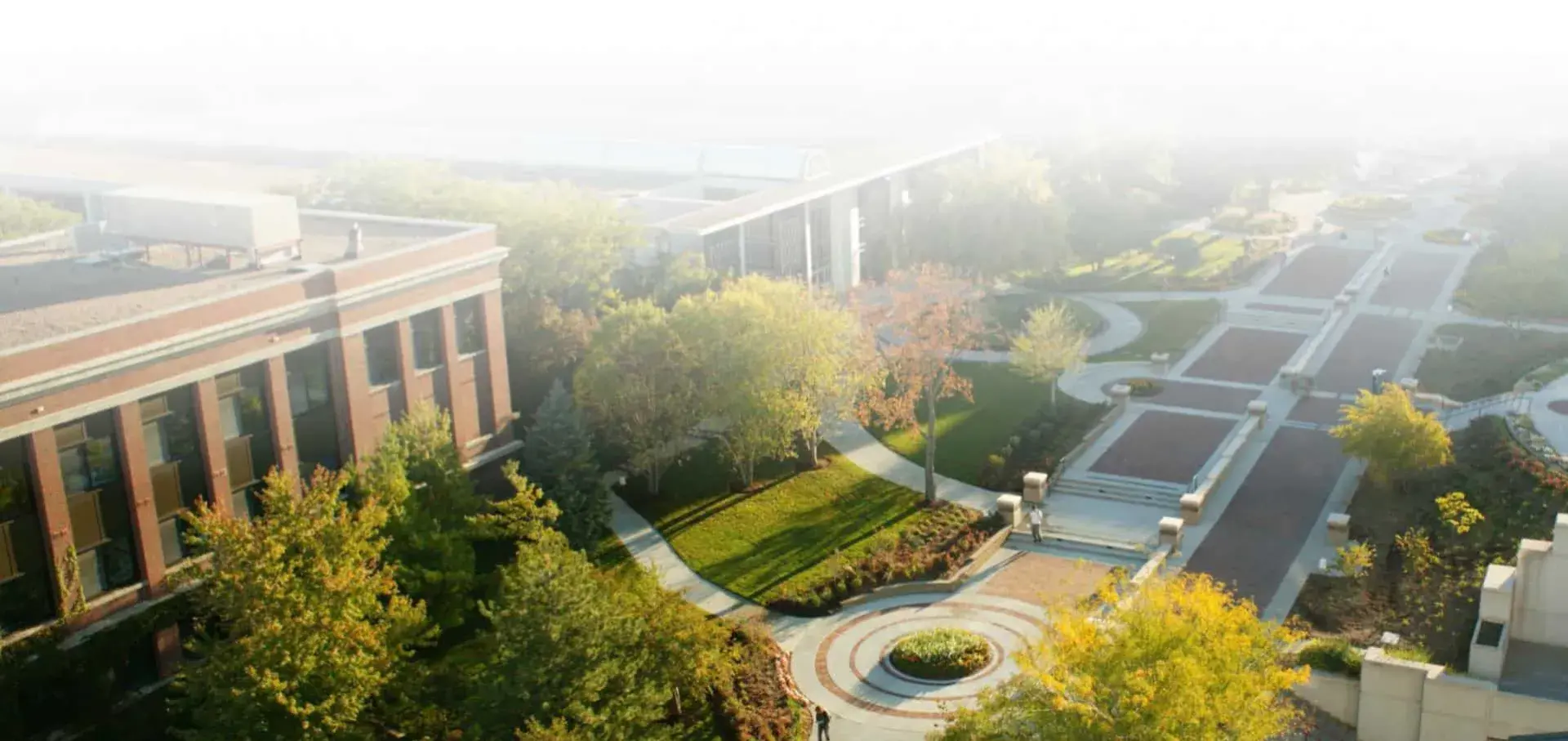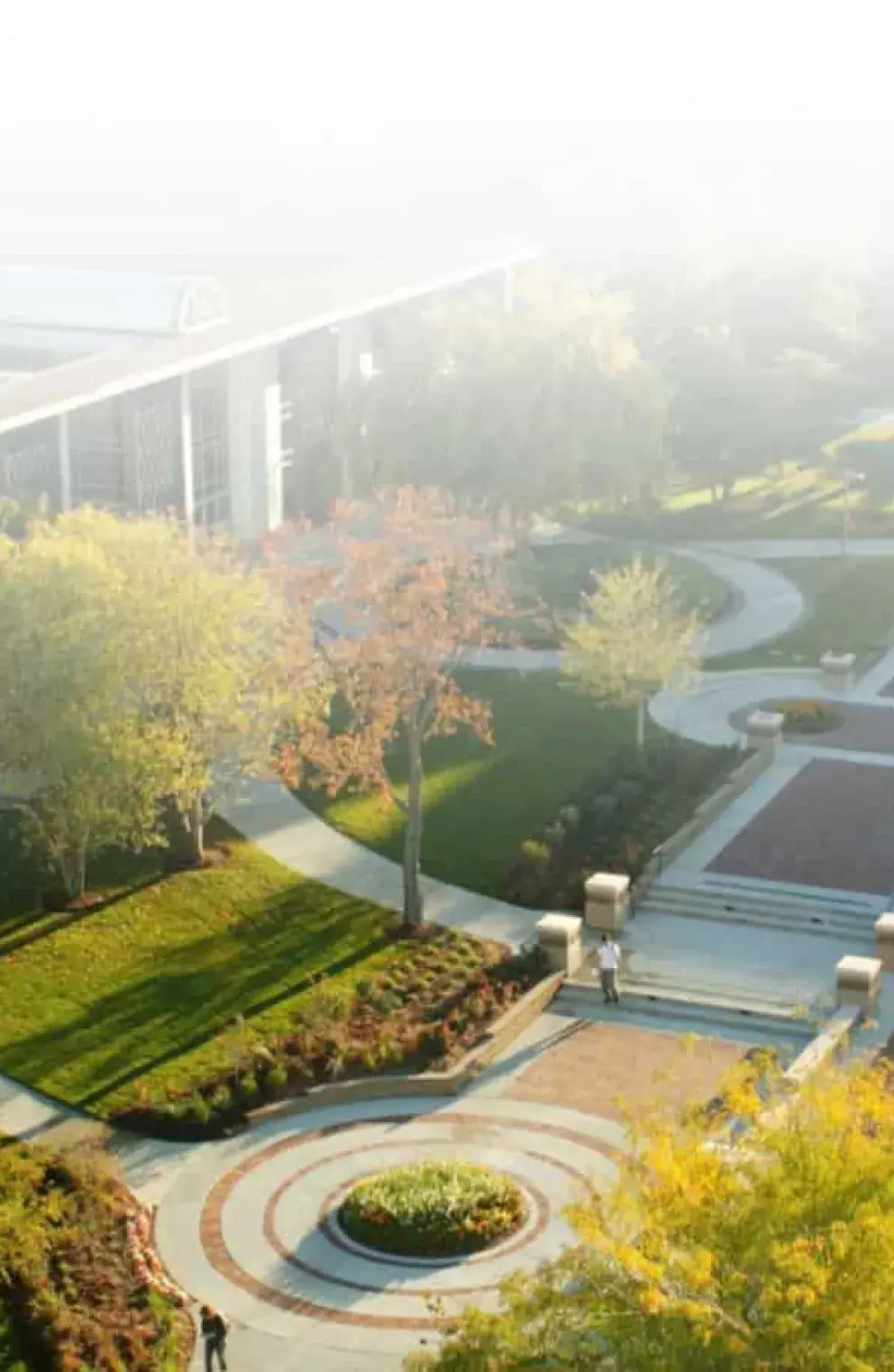
Pathology Residency General Info
Programs Offered
The Department of Pathology offers a training program in anatomic and clinical pathology for a broad well-rounded experience in pathology.
- Anatomic pathology includes training in autopsy and surgical pathology, forensics, neuropathology, immunopathology and cytology.
- Clinical pathology includes training in hematology, coagulation, cytogenetics and molecular genetics, transfusion medicine, diagnostic immunology, flow cytometry, clinical chemistry, forensic toxicology, and microbiology.
- Molecular pathology topics are integrated into all rotations.
Initial rotations emphasize technical skills, methodology, basic disease mechanisms, and relationships to clinical problems, and later rotations emphasize development of consultative and management skills. All house staff actively participate in teaching medical students, pharmacy students, and house staff in other specialties.
The program is flexible enough to stimulate individual interest and, at the same time, is designed to provide a core of experience in all areas of pathology. Every step of the way is guided by detailed goals and objectives that are regularly assessed and revised. In addition, the core rotation experience meets the American Board of Pathology eligibility requirements.
Types and Numbers of Appointments: Eight pathology resident positions are available. The residency program consists of a core of 18 months of anatomic pathology and 18 months of clinical pathology. The program also has an additional 7 months of elective time to be dispersed during the third and fourth years of residency.
Mission Statement
In the Department of Pathology our mission is to inspire our students, trainees and colleagues through our passion for our specialty and our dedication to the Jesuit traditions of ethical behavior, compassion, social justice, and academic distinction.
As pathologists and clinical scientists, we are committed to discover, understand, and teach the pathophysiology of human disease and utilize this knowledge to provide high quality diagnostic information and consultations as an integral part of the patient care team.
To matriculate residents who excel in quality improvement with a special focus on creating and maintaining high quality and more efficient testing for the clinical services. Each resident will receive focused didactics on this subject throughout every year of their residency. In addition, each resident will do one QI project with focus on testing improvement for the hospital system.
To produce physicians who understand that one of the responsibility of physicians is to contribute to the field of pathology through scholarly activity specifically through the products of peer reviewed manuscripts, presentations, and curricula. Each resident by the time of graduation will have completed one of these scholarly activities.
To progressively help the residents excel in diagnostic skills in terms of anatomic and clinical pathology as seen in continuous improvement on the in-service exam and steady growth on the milestones.
Our residents will be skilled in their ability to professionally and confidently discuss pathology findings with their clinical colleagues and answer questions in terms of current findings and future avenues of testing. They will be active contributors to the clinical care team and enhance the patient care in their healthcare system. Each resident will present in 25 interdisciplinary conferences and will be rated as excellent in these presentations by faculty. Scholarly work is encouraged and will be done in combination with other clinical specialties.
Our graduates will understand the logistics that go into making laboratory management decisions and be competent in the mechanics of running a clinical laboratory. Each graduate will have participated in an actual or mock CAP laboratory inspection.
Our residents will be committed to patient safety and throughout residency will participate in systemic patient safety initiatives and lead changes to improve patient safety in the pathology department.
Contact Us
Pathology Residency

Autumn Eberly
Program Coordinator
Phone: 402.280.4295
Email: AutumnEberly@creighton.edu
Pathology Administration
402.280.4858
Pathology Education
402.280.6680
Creighton University Medical Center
Bergan Mercy
7500 Mercy Road
Omaha, Neb. 68124




